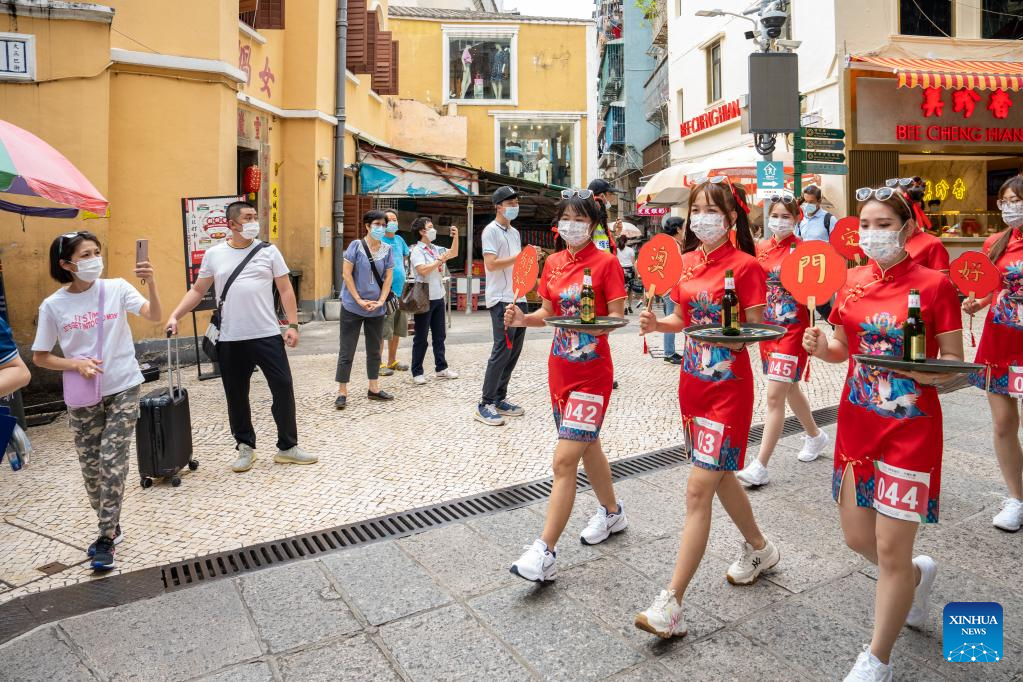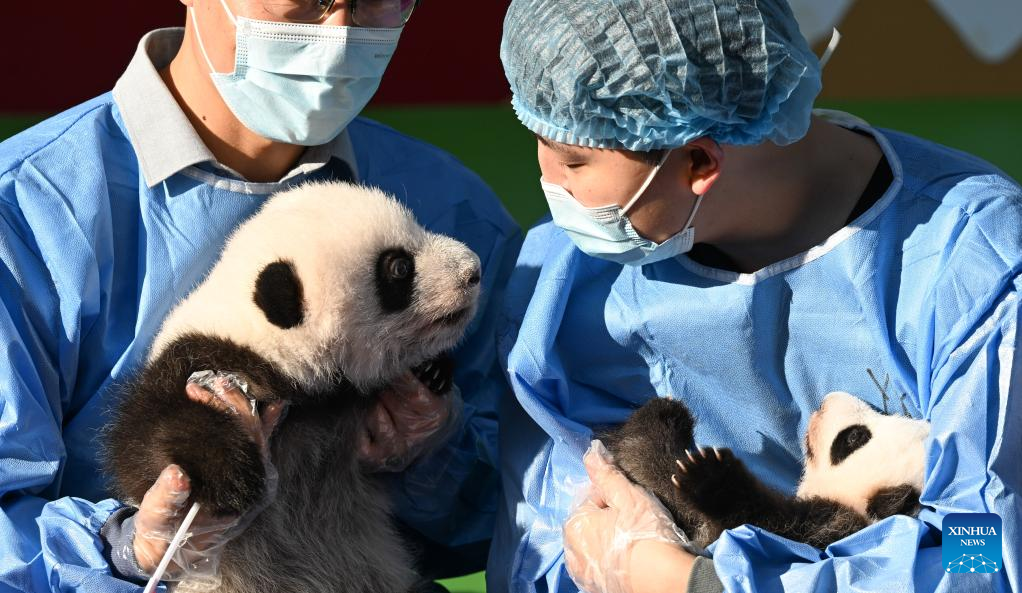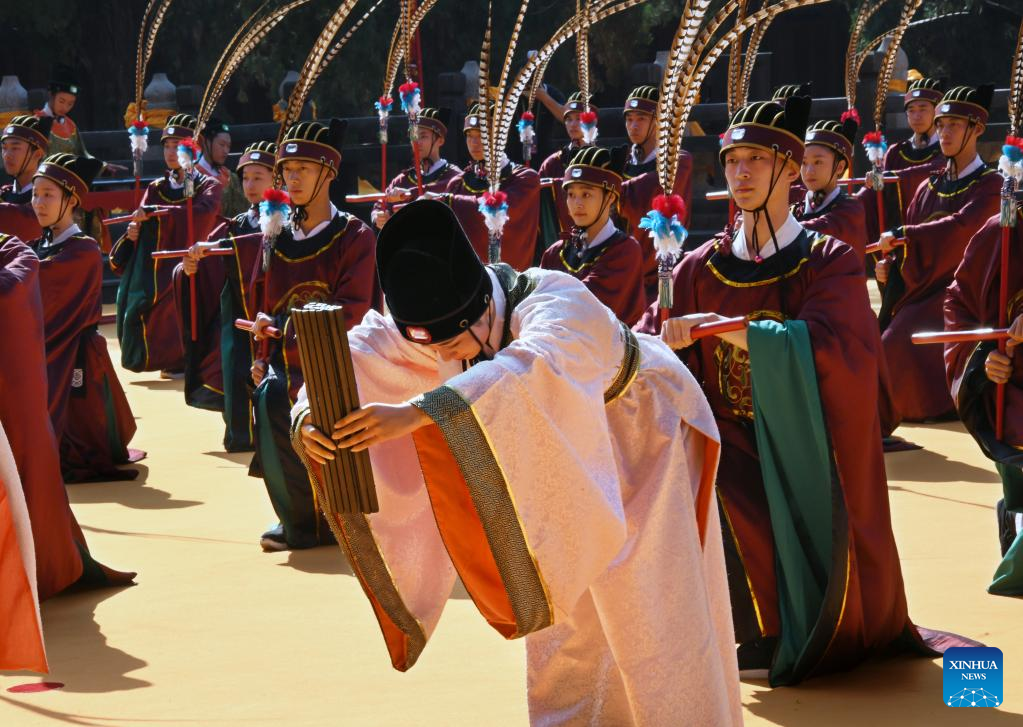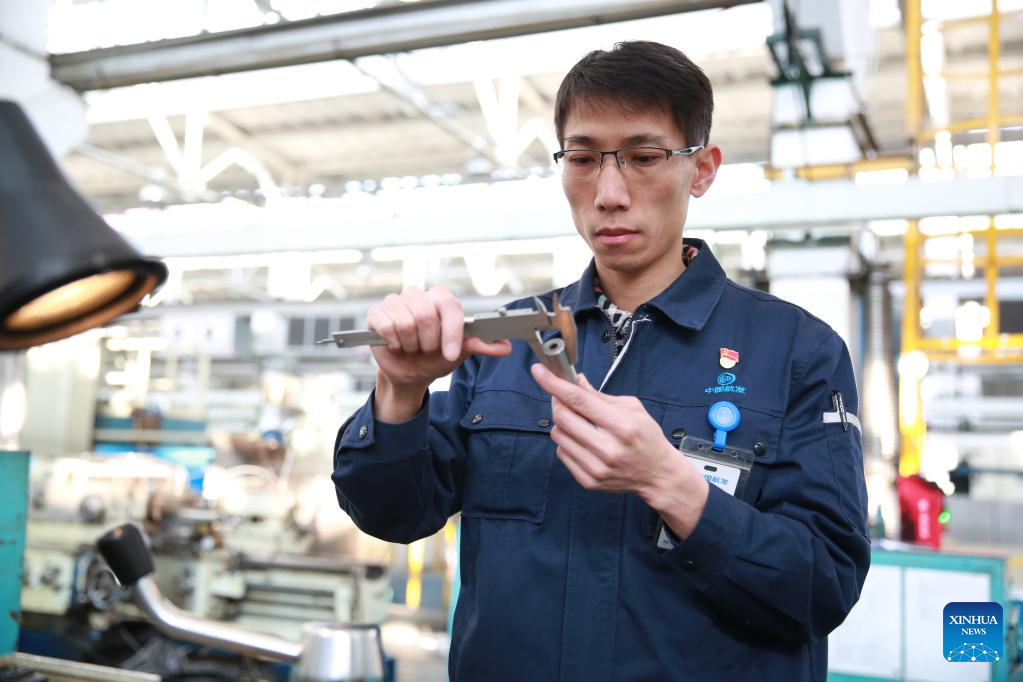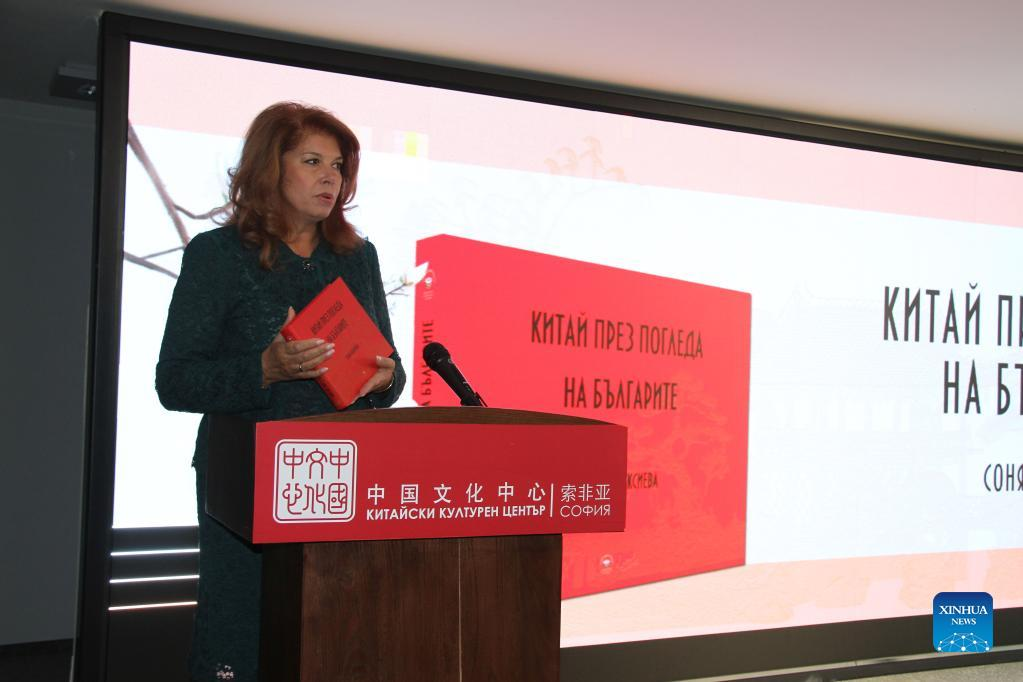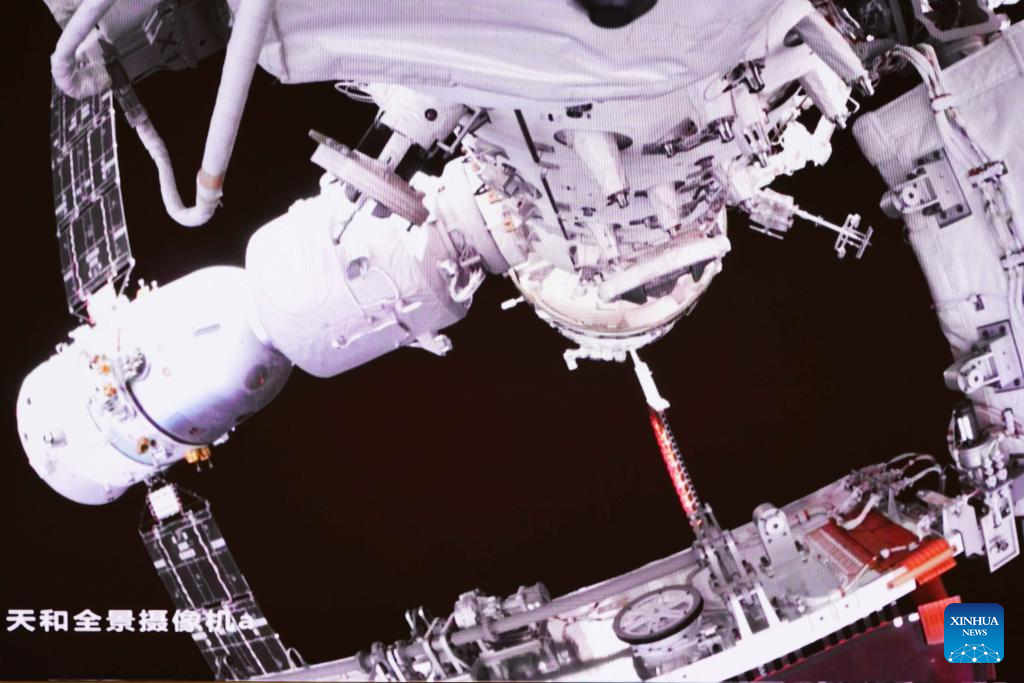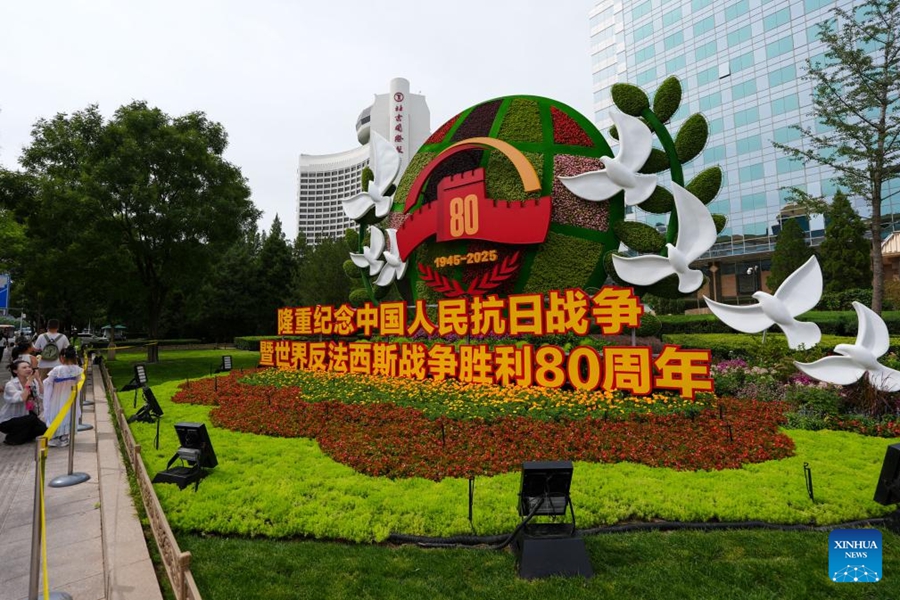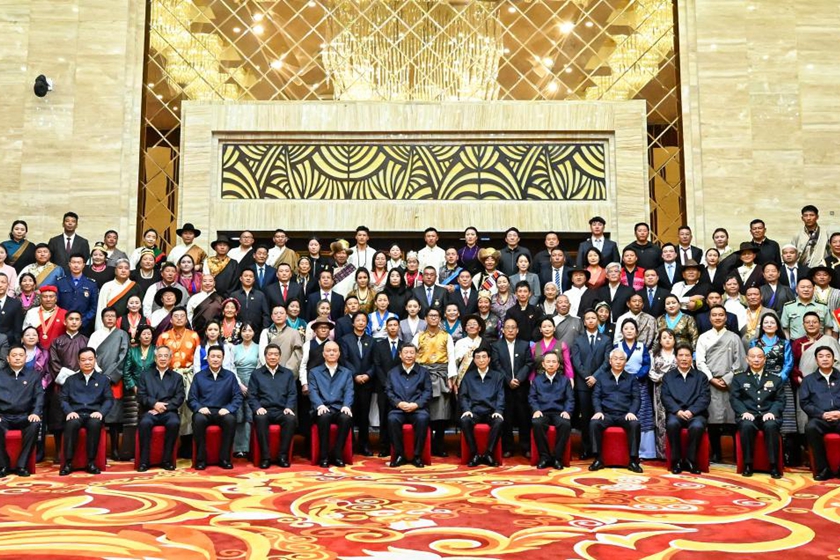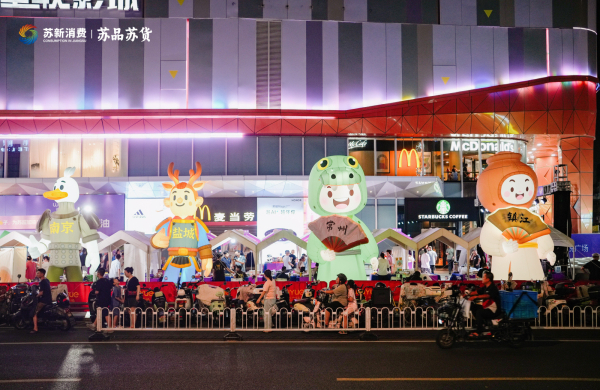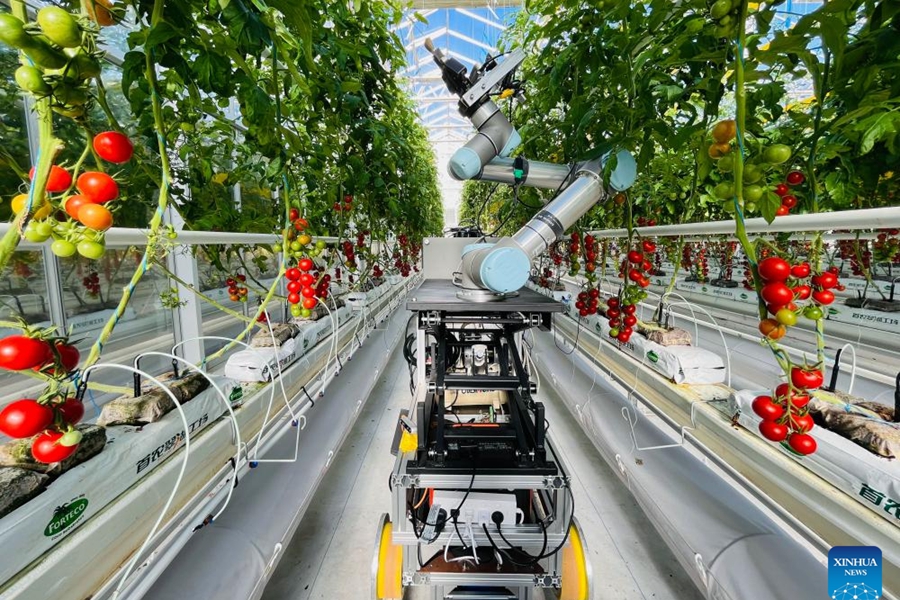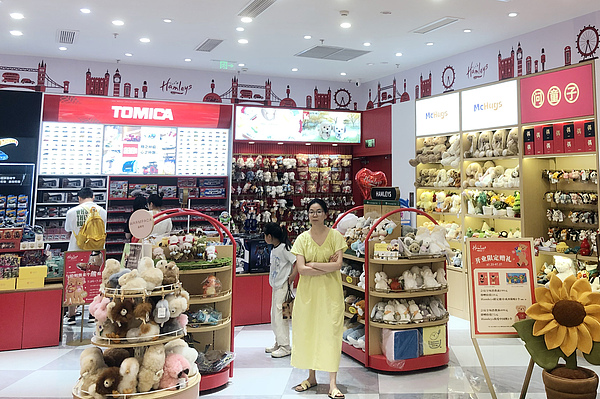The Global Gateway that the European Union set up in December last year is often said to be aimed at countering the Belt and Road Initiative and the Global Development Initiative, but many say the three should be made to work together for the benefit of developing countries.
The EU unveiled the Global Gateway in an effort to mobilize 300 billion euros ($318 billion) by 2027 for connectivity projects, notably in the digital, climate and energy, transport, health, education and research sectors.
The program celebrated its first anniversary recently and drew criticism from Eurodad, a network of 58 civil society organizations in 28 European countries. It branded the program "little more than a public relations exercise by the European Commission".
In a study report, Eurodad alleged the program is giving priority to commercial interests behind a facade of development aspirations and said it is shrouded in secrecy and lacks public scrutiny.
The plan was largely seen as the EU's response to its lack of action in building infrastructure and connectivity in the developing world. The European Commission President Ursula von der Leyen reportedly cited a survey that said that "when asked in 2020 which partner had the most positive influence on their countries, only 10 percent of Africans mentioned the EU. Forty-seven percent said China."
Between 2000 and 2020 China is said to have helped African countries build more than 13,000 kilometers of railways, about 100,000 km of highways, 1,000 bridges, 100 ports and more than 80 large-scale power facilities.
China has also helped build many medical facilities, sports venues and schools and trained professionals in various fields and created more than 4.5 million jobs in Africa.
Peng Gang, head of the Economic and Commercial Office of the Chinese Mission to the EU, said in Brussels recently that China welcomes and supports all initiatives that help developing countries build infrastructure and promote development.
The BRI was initiated by China in 2013 to help build regional connectivity. The country had signed more than 200 BRI collaboration agreements with 149 countries and 32 international organizations by the end of July this year, the National Development and Reform Commission says.
If the BRI is fully implemented it will lift 7.6 million people out of extreme poverty and 32 million out of moderate poverty, the World Bank says.
At the UN General Assembly on Sept 21 last year China's President Xi Jinping announced the Global Development Initiative and called on the world to stay committed to development as a priority and for countries to adopt a people-centered approach that is innovation-driven and results-oriented and seeks harmony between humans and nature.
"In these areas, China and Europe share many common viewpoints on the general direction of connectivity," Peng said of Chinese and European development initiatives.
"I would like to see great synergy between the BRI and the Global Gateway program that unleashes great collaboration potential under these frameworks so we can promote further EU-China cooperation and contribute to sustainable development in the world."
Dharmendra Kanani, chief executive of Friends of Europe, a think tank in Brussels, said: "The Global Development Initiative and the Global Gateway clearly have synergy. It's how we make it work."
Hannah Ryder, chief executive of Development Reimagined in Beijing, expressed her concern that the EU sees the Global Gateway too much in a competitive light.
"I do believe everybody can do a lot better in order to make sure what we're doing is to improve the bargaining power of low- and middle-income countries and elevates their places in the global system."

